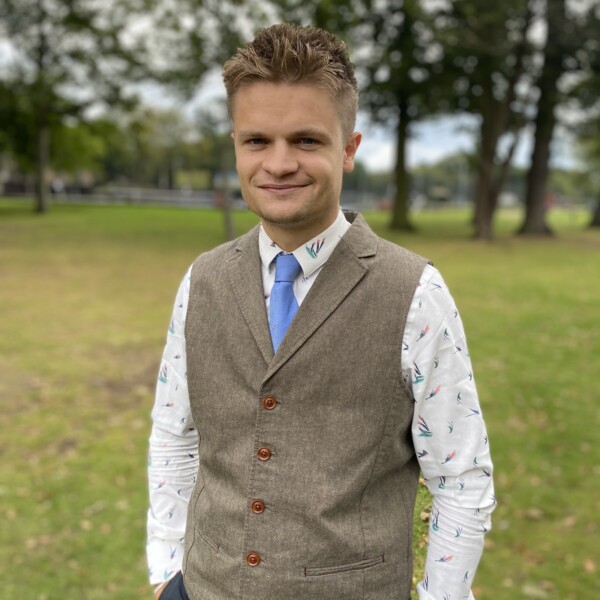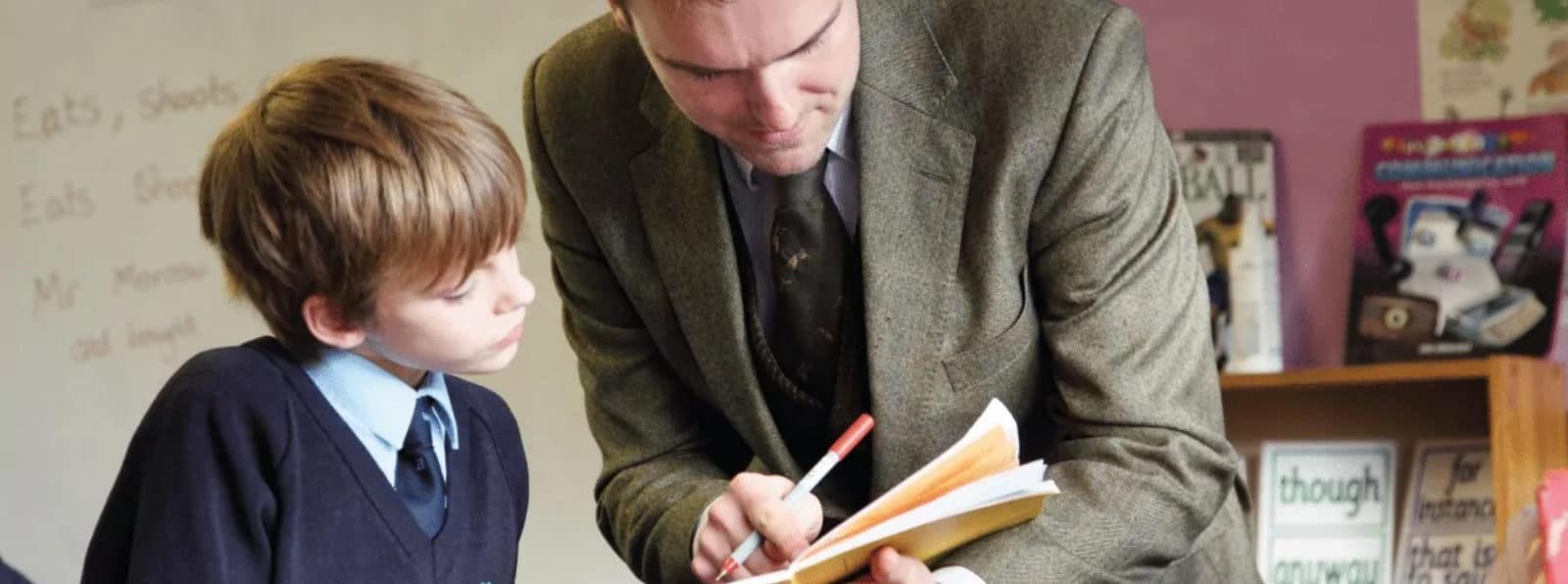Maths
On occasions throughout my teaching career (pleasingly, very rarely at Beeston) I have been asked by students ‘what is the point of maths, or when am I ever going to use this in real life?’
My response to this has been as follows:
It is true that some aspects of maths perhaps will not be applied very often by you in everyday life, however there are so many aspects of it that will be, be it percentages, mental skills, ratio or working out the best value in the supermarket: in which packet do I get more biscuits for my money?
Will you be solving equations or calculating the missing interior angle of a polygon every day? Perhaps not, but think about the skills that you are acquiring in doing these things? You are demonstrating the ability to learn a new concept or method, retain it and then apply it to various different scenarios and situations, including problem solving questions, whilst often working systematically. Now think, how many employers or jobs wouldn’t want somebody with those skills?
I love maths because I enjoy the problem-solving aspect of it and from my experience this is true for almost all students. Who doesn’t love being able to solve something challenging? That sense of achievement that you get when you work something out or when something just clicks and it all fits together.

James Boughton, Head of Maths
BA, PGCE
A local boy (I grew up in Sheringham and went to Wymondham College), I studied economics at university. A flirtation with the City soon gave way to a stint in a school as a teaching assistant. From there I completed a PGCE in Secondary Mathematics and spent several years in Norfolk secondary schools prior to joining Beeston.
The superb setting and small classes of enthusiastic children are the key things that draw me to Beeston. I also love the fact that sport is a significant part of my timetable as it’s something that I have always been passionate about.








